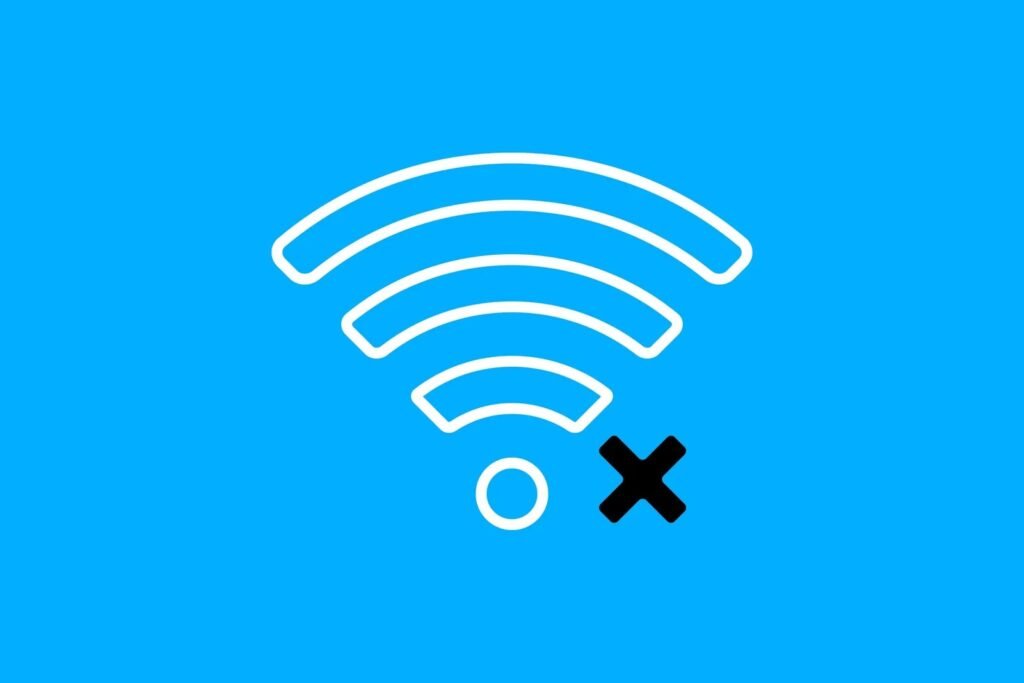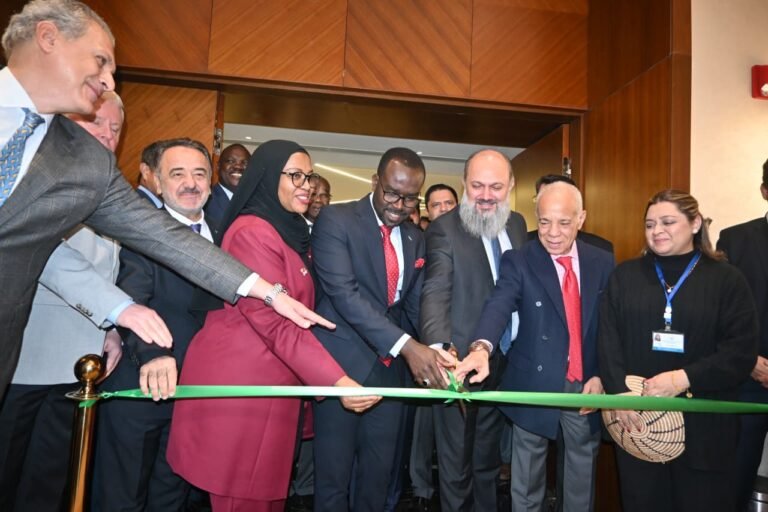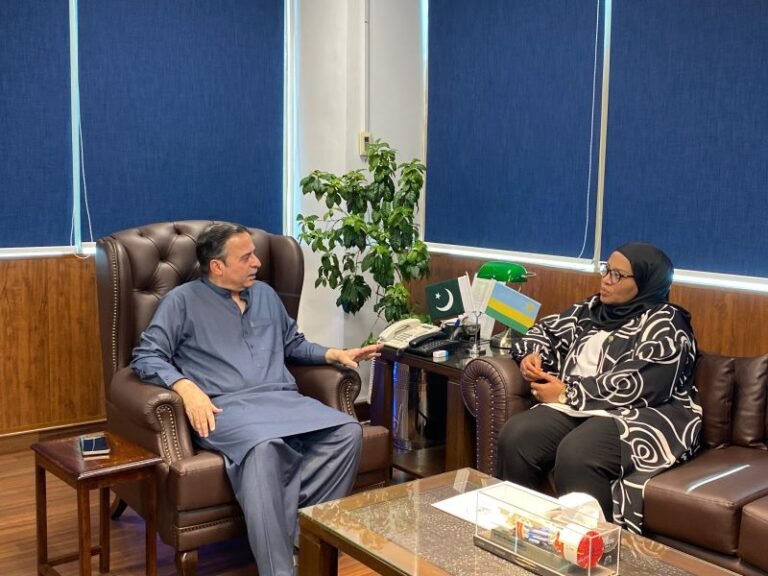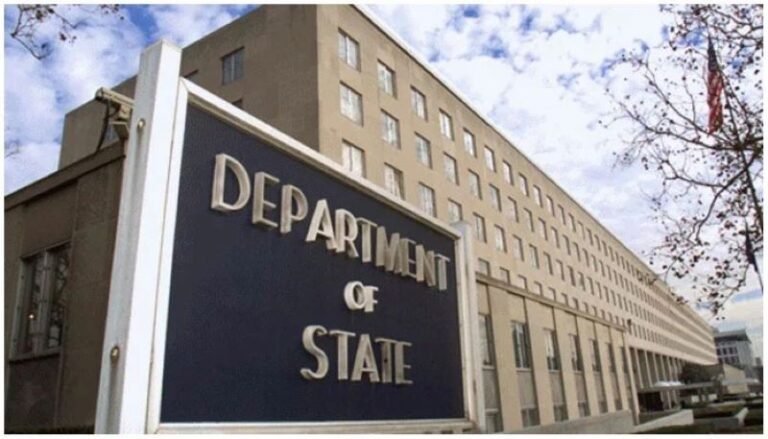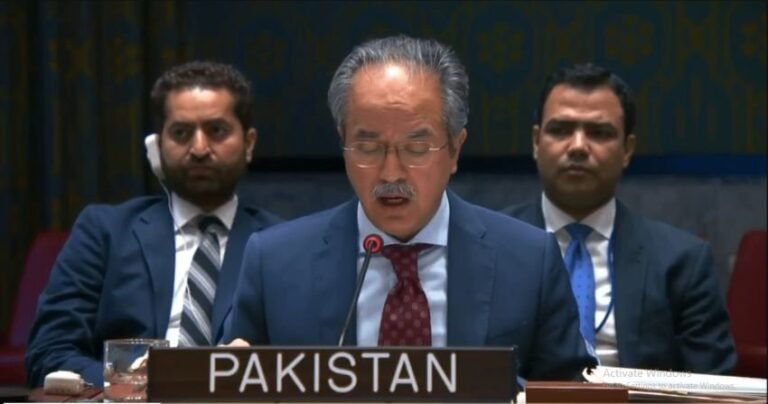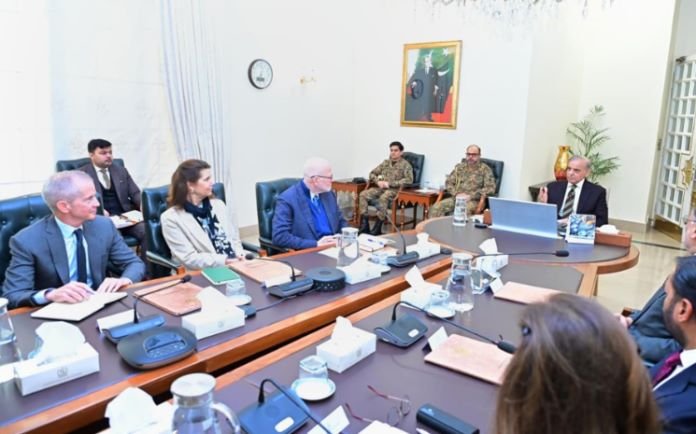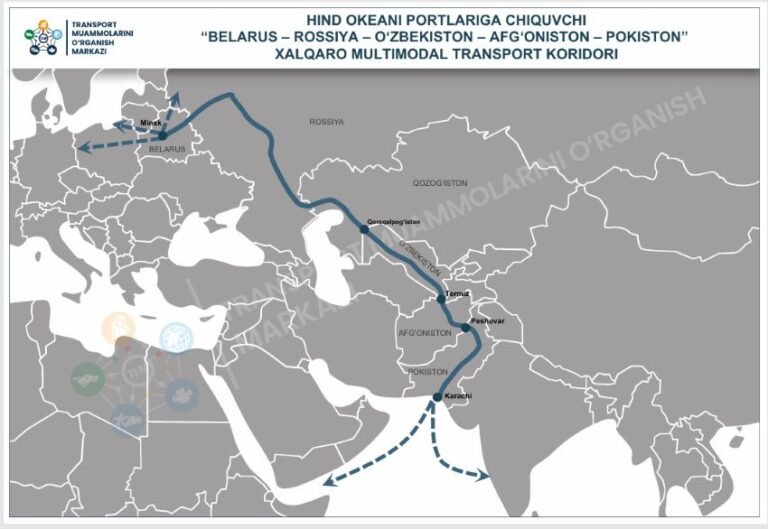Islamabad, 17 August 2024 (TDI): The Islamabad and Lahore high courts heard the matter of internet outages on Friday, one day after the state minister for telecommunications and information technology acknowledged complaints about poor connections brought on by the installation of a firewall that filters content.
A number of companies and clients who were highly dependent on the internet for work expressed their strong opposition to the government’s decision to build the firewall on Thursday, claiming it had caused internet outages for more than a week.
At a time when the telecom providers were reluctant to voice their concerns about internet outages, the Pakistan Software Houses Association (P@SHA) and lawmakers finally broke the silence and spoke against the firewall.
A similar petition, claiming that the firewall violates people’s rights, had been filed in the Islamabad High Court (IHC) and was heard by Justice Shakil Ahmad of the Lahore High Court (LHC) on Friday. The petition sought an order declaring the government’s internet shutdown action illegal and unlawful.
When the government’s attorney asked for more time to present a comprehensive report on internet shutdown, Justice Shakil Ahmad annoyed during the LHC hearing. The judge stated that the issue was one of general public interest.
The federal government’s attorney informed the court at the beginning of the trial that the government would inquire with the Pakistan Telecommunication Authority (PTA) into the matter and subsequently provide a report.
Regarding the internet outages, Justice Ahmad questioned the attorney about whether the PTA had gained the confidence of the federal government. The court further expressed his disgust by informing the attorney that he was unaware of even the most basic details of the closure.
Also read: Government Installs Firewall on the Social Media
The petitioner’s attorney, advocate Nadeem Sarwar, argued that the public ought to have been informed of the internet shutdown if it served national security and law and order purposes.
According to his submission, a significant number of Pakistanis, millions in number, depend on internet access for social media and critical business tasks. The government was violating citizens’ right to healthcare, emergency services, and financial services by obstructing, filtering, or shutting down these services.
Sarwar gave several examples, stating that hundreds, if not thousands, of businesses were impacted. These included social media sites, food delivery services, and ride-hailing businesses. Furthermore, he stated that restricting internet services equated to limiting the freedom of speech and the access to information.
Sarwar continued, saying that the internet outage also infringed against the fundamental rights to commerce, trade, and profession given by Article 18 as well as the right to education protected by Article 25-A of the Constitution.
In the IHC, a second petition opposing the construction of a content-filtering firewall was contested. According to the petitioner, the firewall installation appears to have caused a significant drop in internet speed.
All parties should be consulted before installing the firewall, according to the appeal, which was filed through Iman Mazari Advocate. The court was asked to establish internet connection as a basic human right in order to enable people to support themselves.
Concerned about the firewall installation earlier this week, the Pakistan Software Houses Association (P@SHA) asked the federal government to reconsider the choice and confer with the IT sector.
The industry had lost $300 million as a result of the internet blackout, according to P@SHA Senior Vice Chairman Ali Ihsan, who also stated that the activities of IT companies were severely impacted by the extended outage. Concerns regarding the firewall’s purpose and design were also voiced by him.
He said that although the IT sector saw this digital disruption as a threat to the country’s economy, multinational corporations believed that the firewall would compromise data. In order to make cyber security effective, he demanded a clear and open process.
A Senate Standing Committee on IT & Telecom meeting also discussed the issue. In addition to the severe economic crisis the nation was already experiencing, Senator Afnanullah warned that if the internet problem wasn’t fixed, the $3 billion in exports from the IT sector would eventually disappear.
Also read: IT Ministry Establishes CERT Council to Strengthen Cybersecurity Infrastructure
A few hours later, Shaza Fatima Khawaja, Minister of State for IT, informed reporters in Islamabad that the ministry had received reports from the PTA regarding sluggish internet speed caused by the firewall.
Calling it a cybersecurity precaution, she supported the firewall’s installation. “All countries in the world are using firewalls. The nation is seeing an increase in cyberattacks. Cyberattacks must be stopped by the government,” she said.
After two weeks of continuous issues, the internet services finally returned to normal on Friday. Social networking apps including Facebook, Instagram, WhatsApp, and others no longer had issues with downloading pictures and messages.

